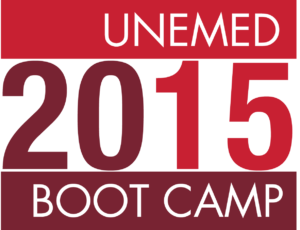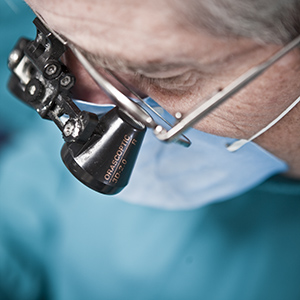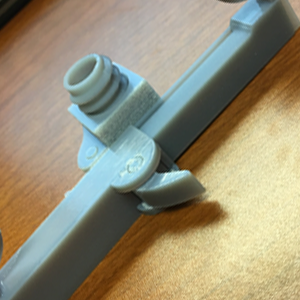
This five-day program provides training in technology transfer processes with an emphasis on intellectual property law and commercialization fundamentals. The program is designed to provide practical guidance that will give participants a comprehensive understanding of the process involved in the commercialization of technologies developed in an academic laboratory. Bootcamp participants will benefit from hands-on activities and case studies that highlight real situations to address key aspects of the technology transfer process.
This week-long bootcamp is designed run for three hours each morning (8-11 AM) allowing participants enough time to appreciate the material covered and perform activities assigned in each session. Each day the bootcamp will cover a different step of the technology transfer process. UNeMed staff will engage participants in interactive activities highlighting the different stages of technology commercialization. The course will also cover useful tools, as well as discuss real case studies and examples emphasizing challenges encountered and their respective solutions. Bootcamp participants are expected to participate and complete exercises pertinent to the material covered each day.
Upon completion of the bootcamp, participants should be able to (i) describe the steps of the technology transfer process; (ii) identify common challenges encountered in technology transfer; (iii) list the requirements for the evaluation of invention disclosures; (iv) devise a marketing campaign and employ basic marketing tactics to approach potential licensees; and (v) understand basic agreement structure and contract negotiation.
Content Description
Day 1 – Essentials of Technology Transfer
Overview: Participants will learn the basics of transferring knowledge and discoveries from the laboratory to the public sector. This interactive session will explore what technology transfer means in an academic setting and how to identify research with commercial potential. Students will explore strategies used to protect the intellectual property through an IP primer that includes, copyright, patent, trademarks, and trade secret law.
Activity: Participants will explore the commercial potential of their own research projects and discover the steps needed to transform it into a marketable technology.
Day 2 – Anatomy and Evaluation of a Disclosure
Overview: Not all scientific discoveries lead to commercially viable technologies. In this session participants will learn to assess a new invention, including scientific merit and patentability. The section begins by evaluating the scientific merit of a new disclosure. Following a brief IP Primer, UNeMed staff will help students dissect patents and navigate through a prior art search that will help, in part, decide whether an invention should move toward commercialization.
Activity: Participants will use real examples of technology disclosures to perform a scientific evaluation and patentability/prior art search.
Day 3 – Marketing Tactics
Overview: The market always dictates if an invention is a winner. Participants will learn to perform a marketability analysis of a new disclosure. Following a brief demonstration of tools used and marketing strategy guide overview, students will develop their own marketing campaign designed to present the technology to potential licensees. UNeMed staff will demonstrate how to scout for potential licensees and identify leads for their marketing campaigns.
Activity: Participants will develop a SWOT analysis for an assigned disclosure followed by a brief marketing campaign that includes a short email pitch and brief non-confidential summary of the technology. Students will expand on their commercialization plan to produce a business model canvas.
Day 4 – Agreement Structure and Contract Negotiation
Overview: In this session, participants will familiarize themselves with the purpose and basic structure of different contracts including, material transfer agreements, confidential disclosure agreements, and license agreements. UNeMed staff will navigate through case studies and discuss how to identify and respond to issues that may come up during contract negotiation.
Activity: Students will participate in group mock negotiations where a UNeMed staff member will play the part of an interested licensee. Participants will evaluate mock contracts and respond to negotiation tricks, traps and demands.
Day 5 – Commercializing Technologies
Overview: In this final session, participants will explore the ins and outs of a startup and the responsibilities of and entrepreneur. Students will then have an opportunity to present the results of their disclosure evaluation and final commercialization plans. An interactive forum will provide closure to this week-long bootcamp as UNeMed staff will answer questions topic covered and discuss the importance of interdisciplinary team dynamics in a technology transfer office.
Activity: The final deliverable is a brief oral presentation of the overall commercialization strategy for the assigned technology.






